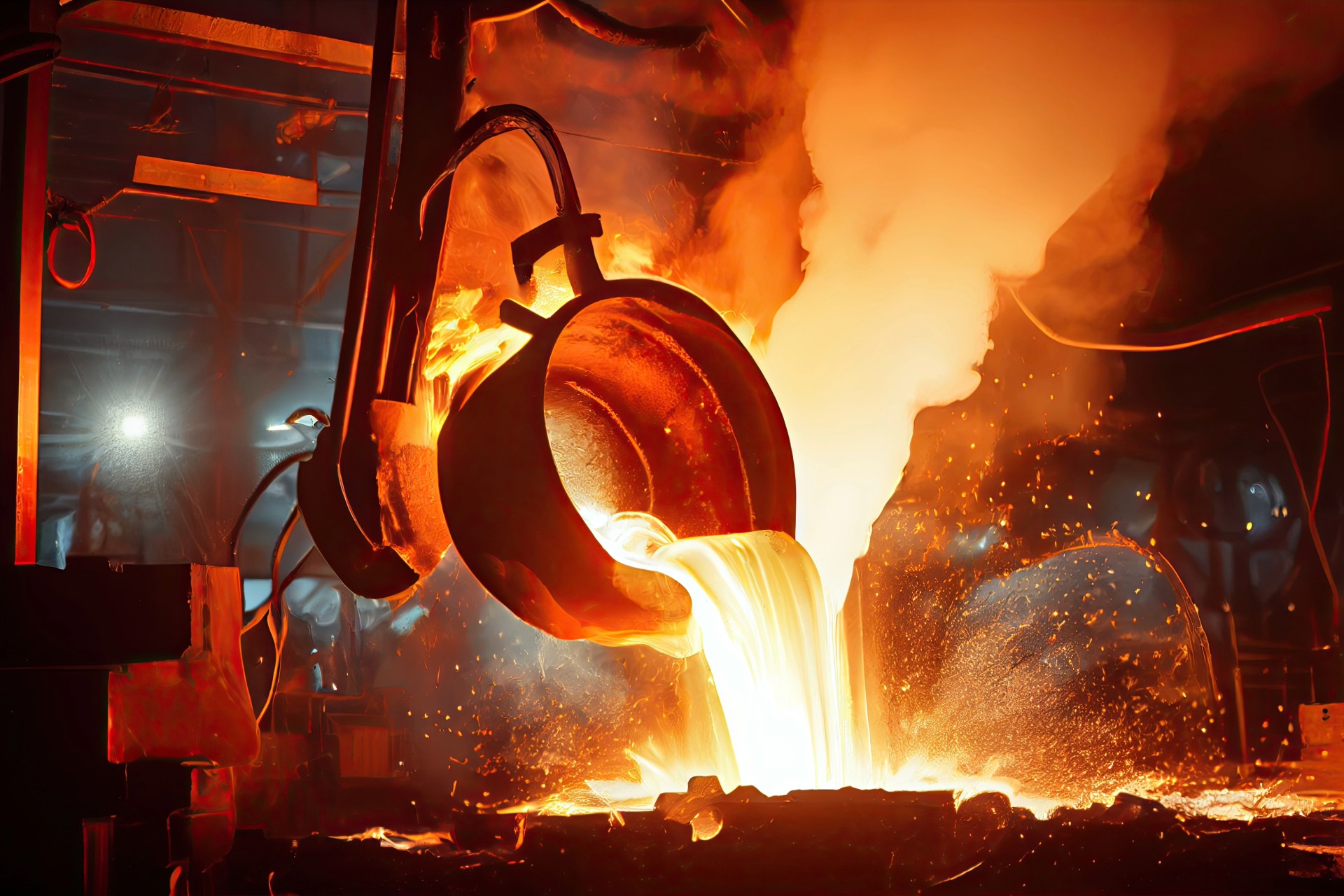The UK government has announced it will implement a new Carbon Border Adjustment Mechanism (CBAM) for imported goods, to support the decarbonisation drive.
Carbon intensive goods imported into the UK from countries with a lower or no carbon price will have to pay a levy by 2027, so that products from overseas face a comparable carbon price to those produced in the UK.
The aim is to reduce the risk of ‘carbon leakage’, avoiding emissions being displaced to other countries because they have a lower or no carbon price. A recent government consultation found 85% of respondents said that carbon leakage is a current or future risk to their decarbonisation efforts. This is because not all jurisdictions are moving at the same pace with the risk that UK emissions reductions do not translate into global emissions reductions, but rather that UK emissions get displaced to other less climate ambitious countries.
The CBAM will apply to sectors including iron, steel, aluminium, fertiliser, hydrogen, ceramics, glass and cement. Importers of these goods will face a comparable carbon price to those produced in the UK.
The charge applied by the CBAM will depend on the amount of carbon emitted in the production of the imported good, and the gap between the carbon price applied in the country of origin – if any – and the carbon price faced by UK producers.
EU CBAM set to launch one year earlier
The EU has already launched a trial period of its own CABM, which begins in 2026. Asof 1 October 2023, Non-EU firms exporting carbon intensive goods into the EU must record the carbon emissions embedded in their products. Starting in 2026, exporters will face CO2 emissions tariffs on imported steel, cement, and other goods headed to the EU.
The design and delivery of the UK CBAM will be subject to further consultation in 2024, including the precise list of products in scope. The government will also engage with trade partners, including developing countries, and affected businesses and organisations, to minimise the impact on trade and the necessary compliance steps.
UK ETS changes under consultation
The CBAM will work alongside the UK Emissions Trading Scheme (UK ETS) to mitigate the risk of carbon leakage. In two consultations launched on 18 December, the ETS Authority is consulting on proposals to ensure the scheme’s market continues to facilitate cost-effective decarbonisation for the businesses involved. This includes options for a new mechanism to manage the supply of carbon allowances in the market.
The consultations also consider support available for energy intensive industries under the scheme. Participants and other organisations will be able to share their views on how best to calculate free allocations of carbon allowances, which ensure efforts from UK industries to decarbonise are not undermined by higher-carbon imports.
Voluntary product standards
Alongside a CBAM, the government also announced it will work with industry to establish voluntary product standards that businesses could choose to adopt to help promote their low carbon products to customers; and to develop a framework which measures the carbon content of goods, that could support other decarbonisation policies in future.
If the content of this or any of our articles has interested you, please get in touch for a no-obligation chat with our industry-leading experts at Sustainable Energy First.













